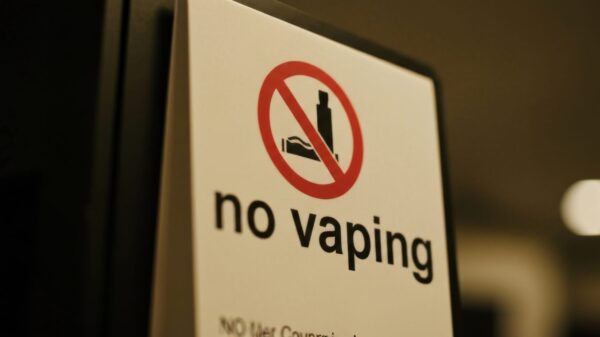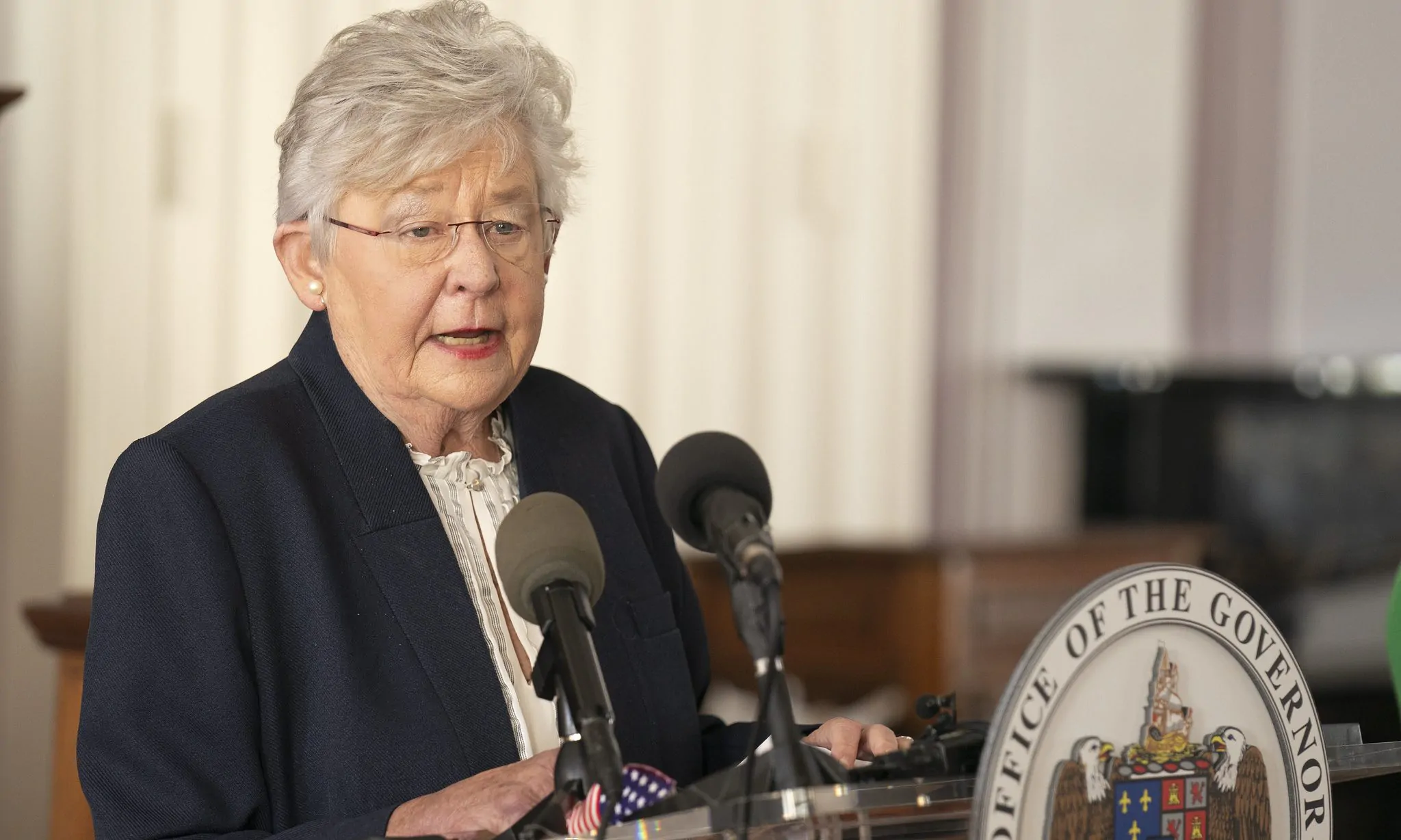Governor Kay Ivey on Monday announced the state would end all federally funded pandemic unemployment compensation programs on June 19, citing complaints from business owners who say they are having difficulty filling job openings.
Ivey’s decision comes as vaccinations against COVID-19 have dropped significantly in recent weeks, prompting concern from public health officials and infectious disease experts that herd immunity is much less likely, and Alabama could be setting up for another deadly spike in cases, hospitalizations and deaths in the fall.
“As Alabama’s economy continues its recovery, we are hearing from more and more business owners and employers that it is increasingly difficult to find workers to fill available jobs, even though job openings are abundant,” Ivey said in a statement. “Among other factors, increased unemployment assistance, which was meant to be a short-term relief program during emergency related shutdowns, is now contributing to a labor shortage that is compromising the continuation of our economic recovery.”
Ivey in the statement noted that Alabama’s unemployment rate of 3.8 percent is the lowest in the Southeast.
“Our Department of Labor is reporting that there are more available jobs now than prior to the pandemic. Jobs are out there,” Ivey said. “We have announced the end date of our state of emergency, there are no industry shutdowns, and daycares are operating with no restrictions. Vaccinations are available for all adults. Alabama is giving the federal government our 30-day notice that it’s time to get back to work.”
Dev Wakeley, a policy analyst at Alabama Arise, told APR on Monday that the state’s decision to stop participating in the federal aid programs is expected to remove $6.2 million a week from Alabamians’ pockets.
“With the uncertain status of eviction protections and the general inability to pay for basic necessities at minimum wage, Alabama families are going to be hurt because of this,” Wakeley said. “This is a part of a concerted campaign by your typical moneyed interests to try to squeeze low-wage workers into unsafe working conditions.”
Most working these low-wage jobs won’t have health care, and Alabama’s refusal to expand Medicaid means they don’t have that avenue to seek medical care either, Wakeley said.
“This idea that you can just hurt people enough to make them take a terribly low-wage, unsafe jobs is a terrible way to treat people,” Wakeley said. “It’s not the right thing to do, and it’s just an illustration of the state’s misplaced policy priorities.”
Ivey’s office in a press release said the state would be ending its participation in Federal Pandemic Unemployment Compensation, which boosts weekly unemployment benefits by $300; Pandemic Unemployment Assistance, which provides benefits for many who would not otherwise qualify; and Pandemic Emergency Unemployment Compensation, which extends benefits beyond when regular benefits have been exhausted.
The state will also end participation in Mixed Earner Unemployment Compensation, the federal program that provides an additional $100 to some. Any claims for weeks filed prior to and up to June 19 are still eligible and will be processed, Ivey’s office said in a release.
Alabama Department of Labor Secretary Fitzgerald Washington said during a press briefing Monday that over the last several months, the department has been hearing from more and more businesses who can’t find workers.
“All you have to do is drive around the state, and you’ll see all the now hiring signs. Jobs are out there,” Washington said, noting that ads for workers in the leisure and hospitality industry are up by 73 percent, and job ads overall are up by nearly 40 percent.
Arkansas’s Republican governor on Friday announced that the state would end participation in the Federal Pandemic Unemployment Compensation on June 26, following news that both South Carolina and Montana would do the same. A little more than an hour after Ivey’s announcement, Mississippi’s Republican governor announced the state would also end the federal aid, on June 12, which is the earliest federal law allows states to withdraw.
Montana’s governor, however, announced the state would provide $1,200 return-to-work bonuses made possible by President Joe Biden’s latest coronavirus relief package.
Alabama’s seven-day average of daily COV ID-19 vaccine doses on Friday dropped to 15,133. That is a 46 percent drop from two weeks before. Alabama and Mississippi have the worst COVID-19 vaccination rates of any states in the U.S., according to data collected by The New York Times.
State Health Officer Dr. Scott Harris said last week that if more people didn’t begin seeking vaccination by September or October, there could be the same number of people with immunity as the state had just before Alabama’s deadly spike last winter. While vaccines weren’t available then, modeling by UAB predicted there were 1.5 million people with natural immunity then, obtained by contracting and recovering from COVID-19.
Republicans have for weeks said it’s those federal aid programs that are preventing people from returning to work, but the pandemic that sent many low-wage workers home also has many reconsidering their professions. Many low-wage jobs are in the food and hospitality industries, which often put workers at greater risk of contracting coronavirus.
A Pew Charitable Trust study released in February shows that 66 percent of unemployed people were seriously considering changing their occupation or field of work.
“Job losses during the pandemic have hit workers in low-wage occupations particularly hard,” the study notes.
From December 2019 to December 2020, the percentage decrease in employment in low-wage occupations was more than twice as great as in middle-wage occupations — 12.5 percent compared to 5.3 percent — while high-wage occupations increased marginally over that period, according to the study.
Unemployed people without college degrees are also much more likely to remain unemployed in the current climate. Almost 4 million workers without college degrees in April had not found work after losing jobs in the pandemic, The Washington Post reported, while just 199,000 adult workers with a bachelor’s degree or higher hadn’t again found work.












































